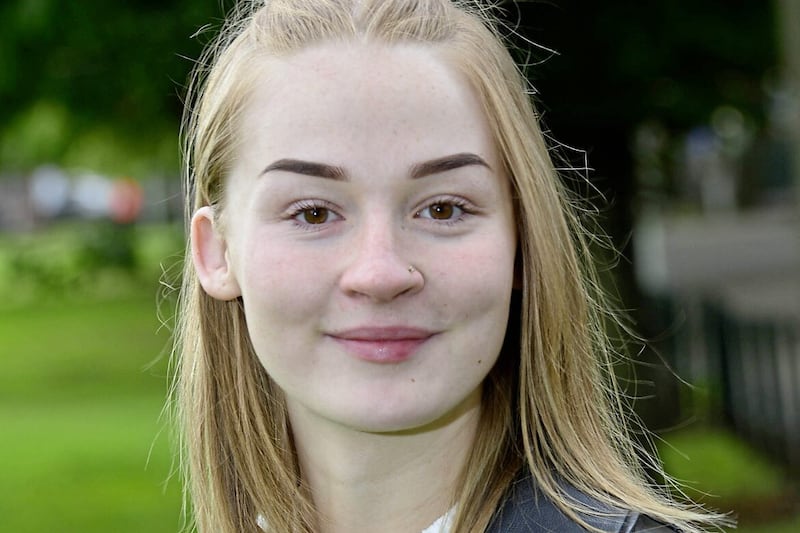THE monitoring of the religious make-up of workplaces in Northern Ireland must be updated to reflect the increasing diversity of society in the north, the Equality Commission has said.
It has just published its 25th report looking at fair employment in the north.
It found that 48.5 per cent of employees class themselves as Protestants with 43.7 per cent coming from the Catholic community.
That leaves 7.8 per cent from a so-called "non-determined" background, predominantly made up of migrant workers.
The commission has been monitoring employment since 1990 in a bid to promote and secure equality of opportunity and fair participation in employment for members of the Protestant and Catholic communities.
But chief commissioner Dr Michael Wardlow said it was time to update the legislation.
“Given the changing make-up of the Northern Ireland workforce, the commission has been calling for the extension of workforce monitoring under fair employment legislation to include nationality and ethnic origin," he said.
"This would enable employers to make more accurate and meaningful assessments as to whether they are providing fair participation, by community background, in their workforces.”
The report covers all private employers with more than 10 people on the payroll and all public employers - with the exception of teachers in a school.
The proportion of the workforce comprising people from the Catholic community has increased annually by 0.4 per cent.
When "non-determined" employees are taken out of the equation, Ballynure logistics firm Woodside Haulage had the biggest percentage of Protestants of any workforce in the north at 93.4 per cent.
Meanwhile, Anglo Beef Processors in Newry reported a 93.1 per cent Catholic make up of its workforce that declared an identity with one of the two main communities.
The monitor, which covered the old 26 local councils, found Carrickfergus Borough Council had the highest proportion of Protestants at 89.6 per cent.
Newry & Mourne District Council reported an 84.9 per cent Catholic make-up, the highest for that community.
The highest for either community in the public sector was in the Ministry of Defence at 90 per cent Protestant.
Dr Wardlow said: “Over the past quarter of a century the monitoring process has provided an annual focus for employers on the composition of their workforce. The data accumulated as a result has helped heighten awareness of the importance of equality of opportunity and fair participation in the workplace.”
“Employers involved in this process, and in the three yearly reviews assessing whether or not they are providing fair participation in their workforce, have played a pivotal role in making working environments more diverse and less contentious.
"Their work has provided important leadership in the promotion of greater cohesion and integration within our wider society.”








